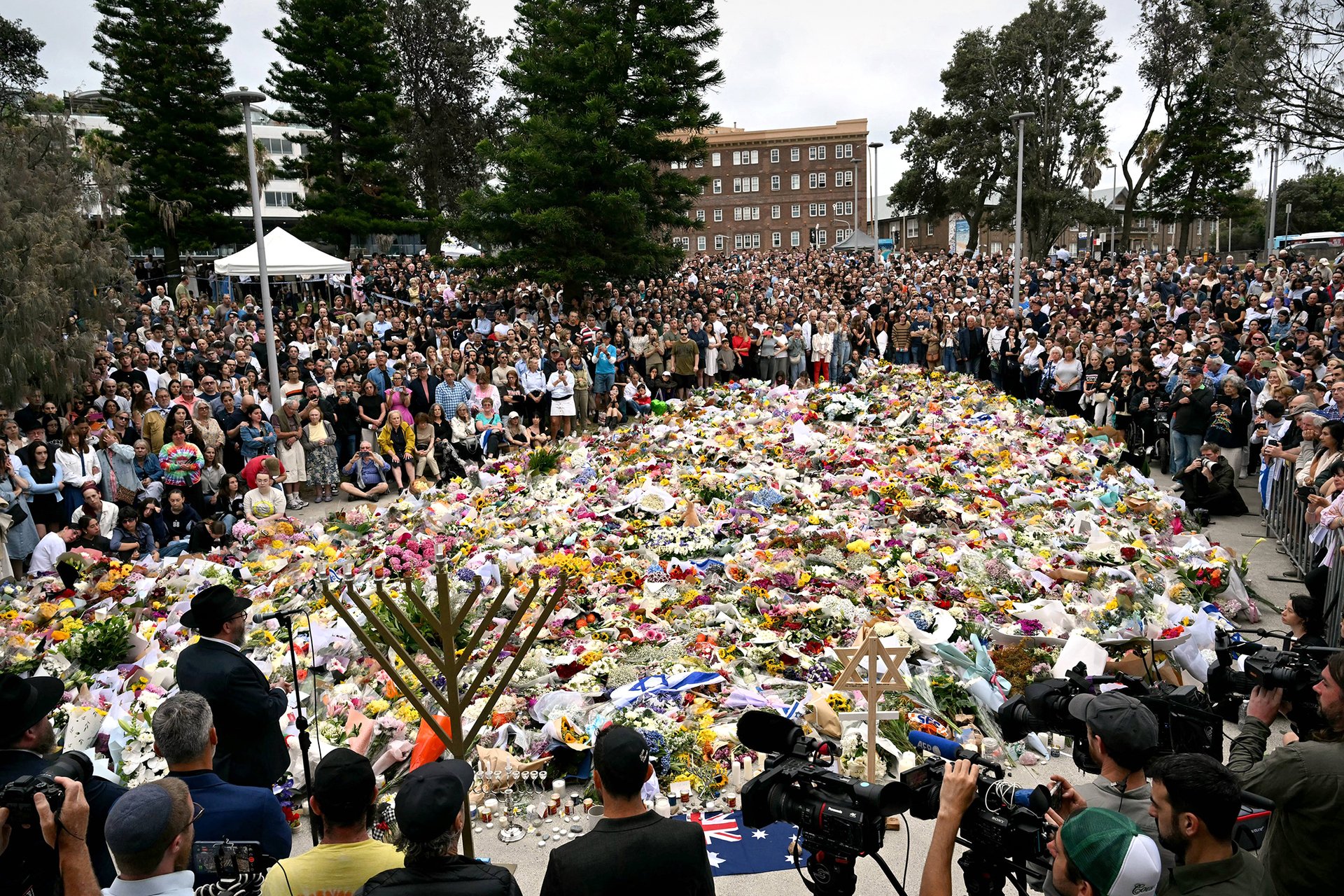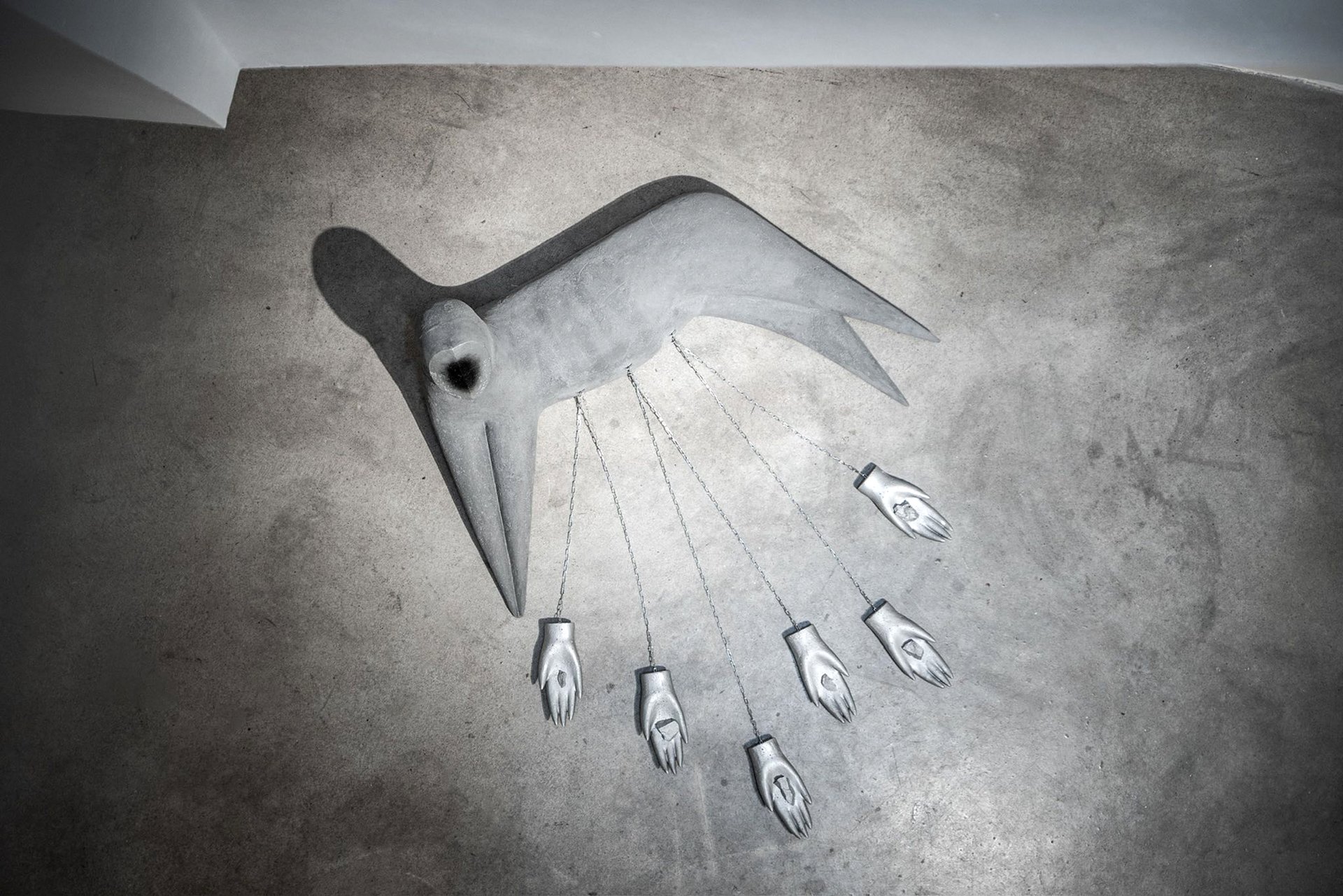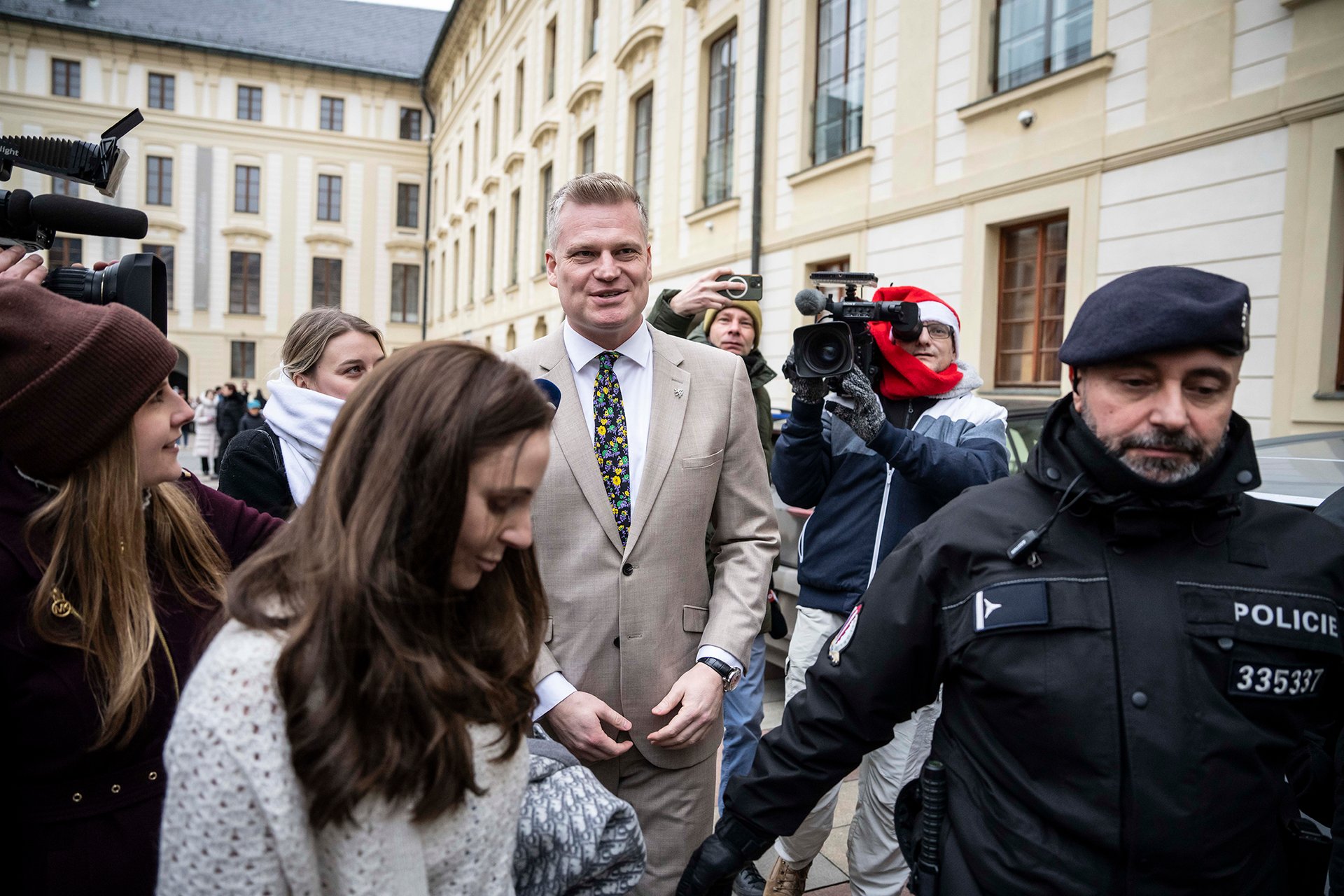Who Wants Peace in the Middle East?
Forty years after the Six Day War peace between Israelis and Palestinians seems as distant as ever. Israel still refuses to accept the new Palestinian national unity government as a negotiating partner because Hamas is part of that government. What is the cause of this seeming paradox? Is there any hope?

Forty years after the Six Day War peace between Israelis and Palestinians seems as distant as ever. Israel still refuses to accept the new Palestinian national unity government as a negotiating partner because Hamas is part of that government. What is the cause of this seeming paradox? Is there any hope?
The Palestinian government is united administratively, but divided politically. The Palestinians have one government with two policies. Politically, Palestine’s Prime Minister Ismail Haniyeh remains against recognizing Israel and respecting the existing agreements. He declared that he is for the continuation of resistance in all forms. What kind of guarantee of a good faith effort to reach a peace agreement can come from such a stance?
That is the question the European Union needs to ask itself as it debates whether to resume providing financial aid to the Palestinian Authority. The EU should make it clear to Hamas that the Union is not going to finance terror and is not going to finance a refusal to make peace. If the Palestinians want to have European help – which I support completely – it must be ready to make peace, not to break peace. After all, it is not Hamas as a party that is objectionable; what is objectionable are the politics and policies which Hamas pursues. We have nothing against Hamas; we are against their belligerent policies, which service in government has not changed.


There was a time when the PLO held positions that were the same as those of Hamas. Then the PLO changed. If the current Palestinian leadership changes its position, there will be no problem from our side. We will have nothing against negotiations. We are for negotiations. We are for the “two-state solution.” We accept the Middle East “road map.” What we are against is terror.
Where we cannot agree, however, is on a “right of return” for Palestinians. If such a right were recognized, there would be a Palestinian majority instead of a Jewish majority, which would mean the end of the Jewish state. This is a demographic, not a religious, question: an Arab state is where the Arabs are the majority, and the Jewish state is where the Jews are the majority. Indeed, the “right of return” contradicts the very idea of a two-state solution, as it would mean one state – a Palestinian state. Nobody in Israel will accept this.
But there are other problems in the region that Israel – and the world – must face. The Palestinians’ current unity government resulted from Saudi mediation, which came in response mainly to Iran’s ambition to increase its influence, not only in Iraq, but also in Lebanon, Gaza, and the West Bank.
Of course, that issue is completely outside Israel’s control. The ongoing fight in the Muslim world between Sunnis and Shi’a recalls the struggle between Protestants and Catholics in seventeenth-century Europe. So it is little wonder that the Saudis, Jordanians, Egyptians, and the Gulf states are seeking to resist Iran’s hegemonic ambitions in the region.
Nevertheless, the stakes are far higher than in the seventeenth century, because Iran represents a threat that combines a fanatic religion with a determination to acquire nuclear weapons. Indeed, Iran is the only country that openly declares its desire to destroy another member of the United Nations. That is a threat that every country is obliged to take seriously. When a country’s president delivers crazy speeches, denies the Holocaust, and does not hide his ambition to control the Middle East, who can guarantee that the threat is not serious?
The issue is not one of restoring nuclear “balance” to the Middle East, as Iran’s leaders maintain. First of all, Israel does not threaten anybody. Israel never said that it wants to destroy Iran; Israel never openly proclaimed that it would enrich uranium and build nuclear bombs in order to destroy another country. On the contrary, Israel has said that it will not be the first to use nuclear weapons in the Middle East. But that does not mean that we can afford to ignore an obvious threat from countries that want to destroy us.
Despite the current unfavorable situation, the path to stabilizing the Middle East still leads through joint economic projects. Even now, Israel is planning to build a new “corridor of peace”, which will comprise the Jordanians, the Palestinians, and us. Within the framework of this project, we are seeking to halt the dehydration of the Dead Sea, build a joint airport and a joint water network with Jordan, and develop tourism infrastructure, at a cost of up to $5 billion. We have the donors, so there is no shortage of money to finance our efforts, which, I am sure, will be realized.
Israel wants – indeed, desperately needs – peace and stability in the Middle East, and we will continue to do everything in our power to achieve it. But we cannot reach that goal alone, much less negotiate with those whose idea of a stable and peaceful Middle East is one that has no place for Israel.
Project Syndicate
Pokud jste v článku našli chybu, napište nám prosím na [email protected].










